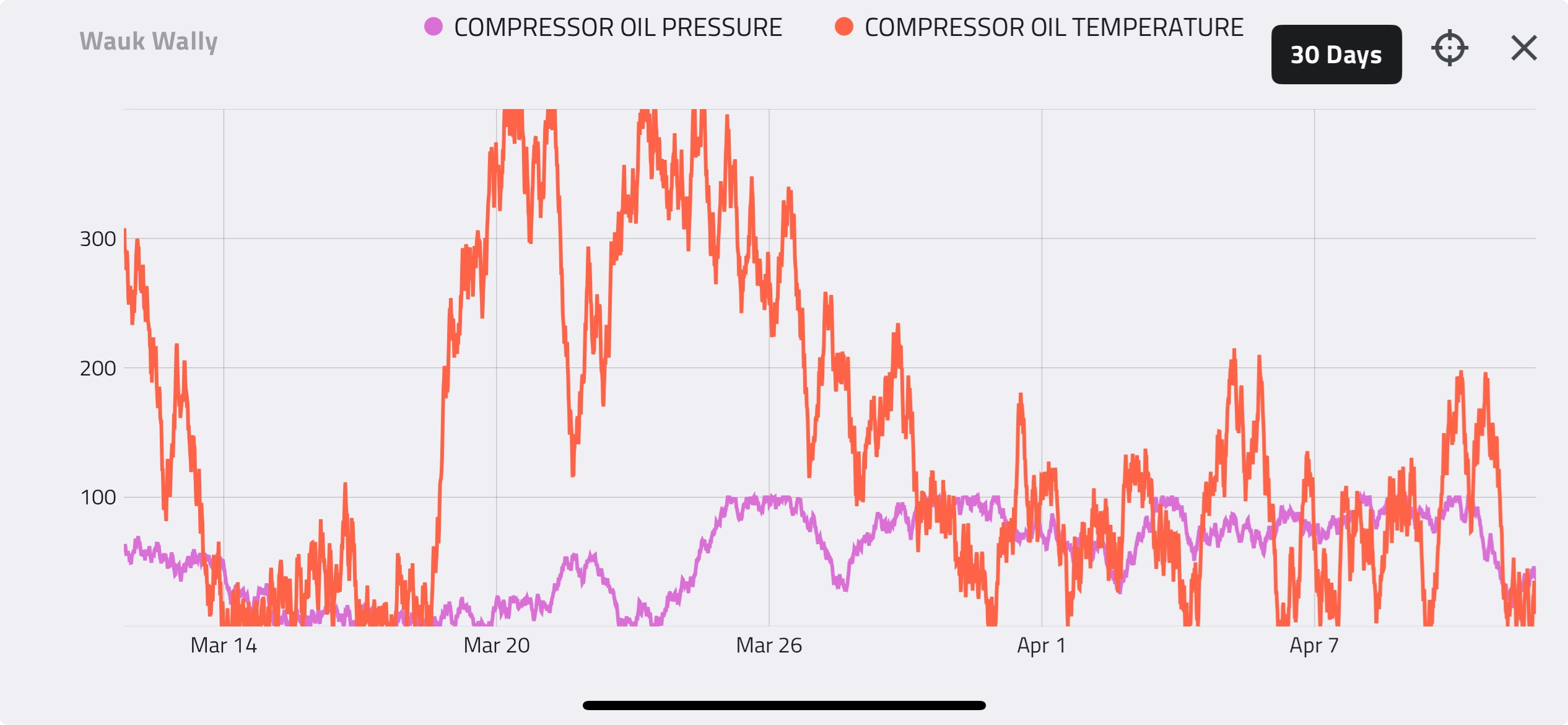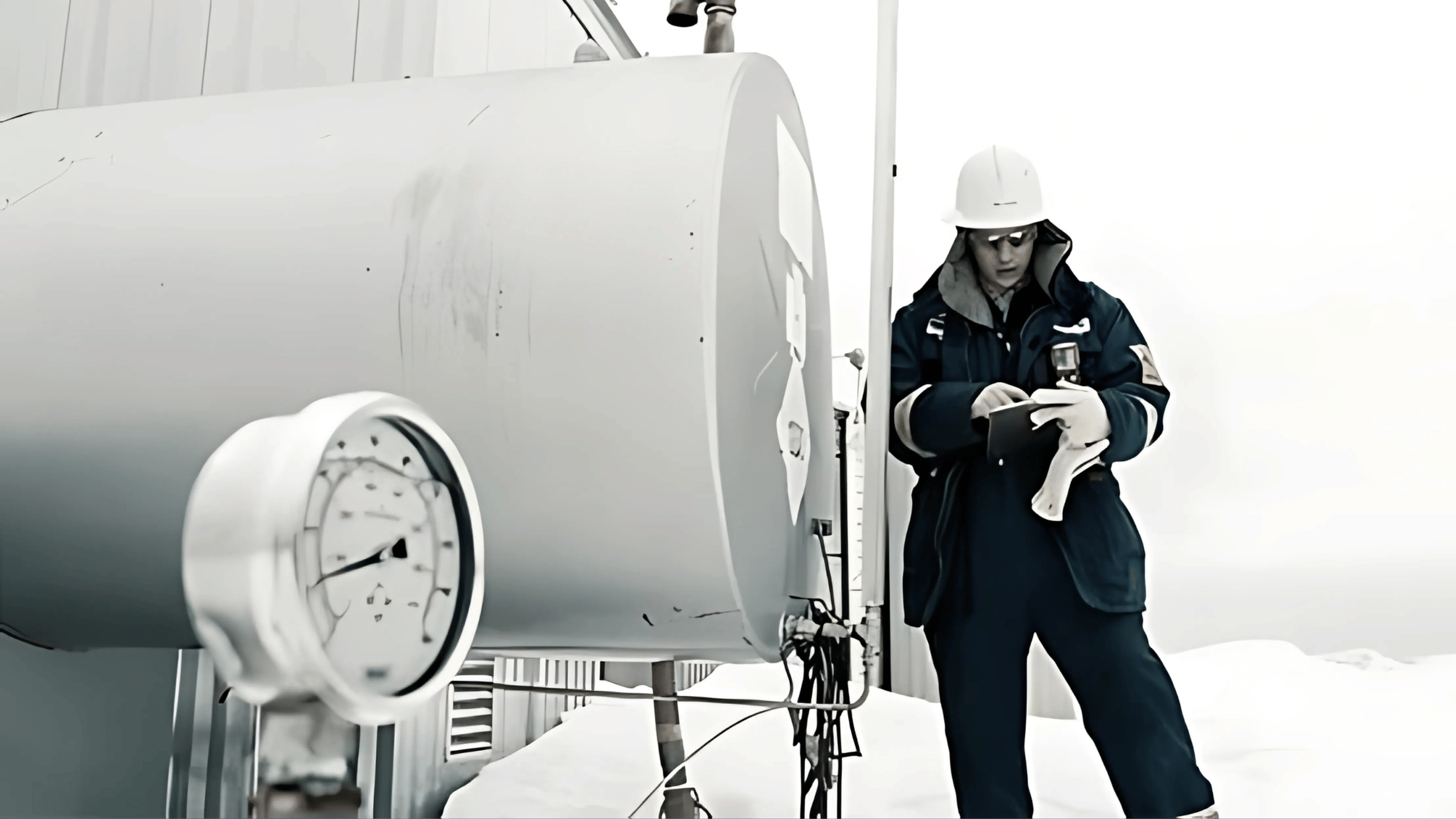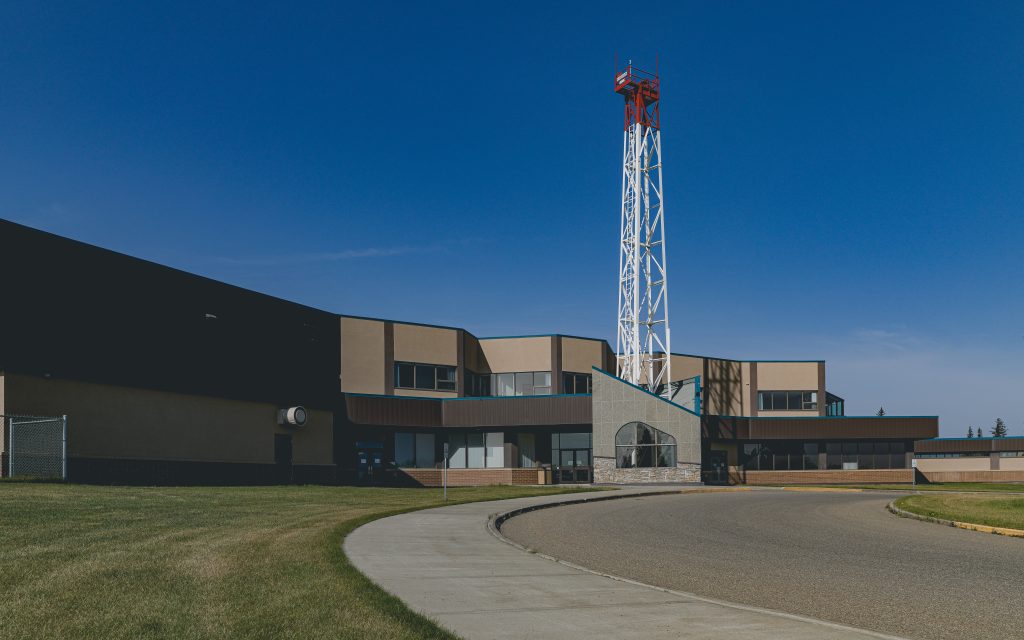Houston, TX |
Today, we wrapped up the fifth and final installment of our "Know Pressure" webinar series: Optimizing for Emissions. In this session, I was joined by James Osborne, an Engineering Account Manager at Detechtion where dove deep into emissions optimization strategies amid evolving regulations in the oil and gas sector.
If you missed the live session, you can watch on-demand here:
Episode Overview
Why Focus on Emissions?
Emissions management is a critical focus for oil and gas operators due to increasing regulatory scrutiny and financial implications. The webinar highlighted two specific regulations shaping the industry:
- Waste Emissions Charge (WEC) in the U.S., targeting methane emissions.
- Carbon Tax under Tier Regulation in Canada, focusing on CO₂e emissions.
For compressor operators, these regulations underscore the importance of understanding emissions sources and leveraging optimization strategies to minimize environmental and financial impact.
What We Covered:
-
Understanding Emissions Sources
James provided a breakdown of common emission sources at a compression facility, including:- Combustion emissions from gas drivers.
- Vented gas from rod packing or blowdowns.
- Contributions from flaring and high methane content gas.
- Navigating Regulations:
- Waste Emissions Charge (WEC): Applied to facilities emitting over 25,000 tons CO₂e annually, with charges calculated based on methane emissions exceeding set thresholds.
- Carbon Tax (Canada): Incentivizes facilities to stay under CO₂e thresholds through cost savings or compliance credits.
-
Real-World Impact Through Case Studies
Using a case study from an earlier episode, we examined how optimizing a gas-driven compressor’s configuration could reduce power consumption, fuel use, and emissions. For example, by reducing bypass gas in a two-stage compressor, a client maintained production while cutting fuel usage. This not only saved operational costs but also reduced compliance-related costs by lowering emissions below regulatory thresholds.
The Financial and Operational Benefits
Optimization isn't just good for the environment—it's a win for the bottom line. By leveraging Detechtion’s tools like Enalysis and Enbase, operators can:
- Reduce unplanned downtime.
- Improve operational efficiency.
- Minimize compliance costs by staying under emissions thresholds .
Looking Ahead
This series may have concluded, but the journey to better fleet management continues. We’re excited to announce that our next webinar series, debuting in 2025, will focus on Mobile Oilfield Management and Computing at the Edge. Stay tuned for more innovations to help your operations thrive.



